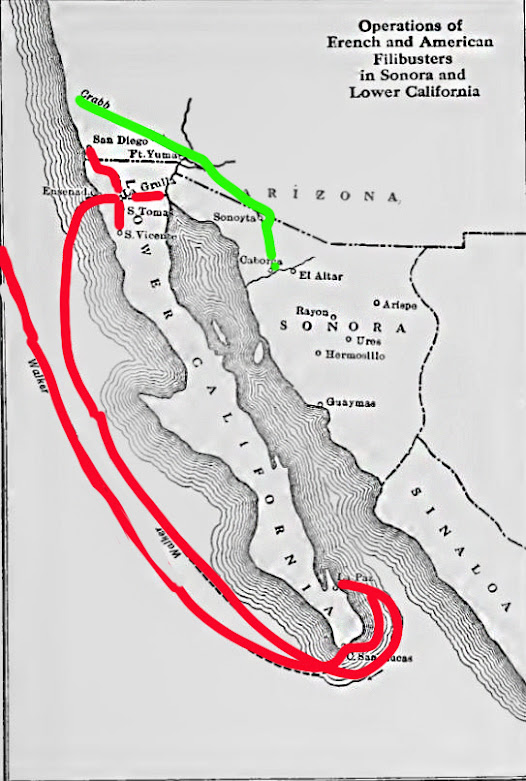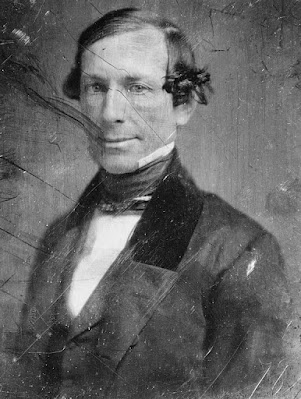Disposal of Slave Ships and Cargo May 1860
The Slave trade May 19, 1860: Message on the Capture of the Slaver Wildfire An address by President James Buchanan On the 26th day of April last Lieutenant Craven, of the United States steamer Mohawk , captured the slaver Wildfire on the coast of Cuba, with 507 African negroes on board. The prize was brought into Key West on the 31st April and the negroes were delivered into the custody of Fernando J. Moreno, marshal of the southern district of Florida. The question which now demands immediate decision is, What disposition shall be made of these Africans? In the annual message to Congress of December 6, 1858, I expressed my opinion in regard to the construction of the act of the 3d March, 1819, "in addition to the acts prohibiting the slave trade," so far as the same is applicable to the present case. From this I make the following extract: Under the second section of this act the Pres...



